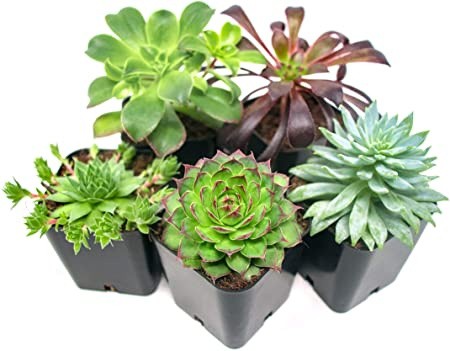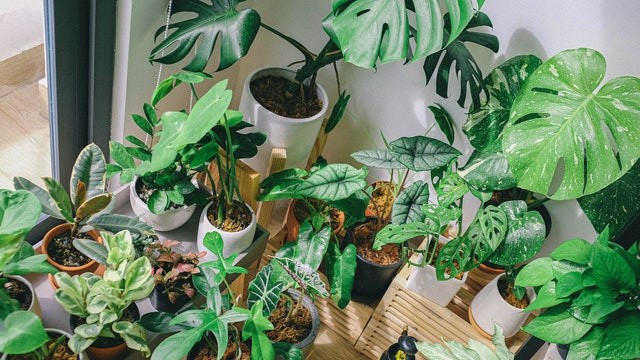Houseplants are sometimes thought of as ornamental elements, but if you have a lot of them, you might be lowering the levels of certain pollutants in your house.
Studying Houseplants

According to a new study done by the University of Birmingham, typical houseplants can lower nitrogen dioxide (NO2) levels by up to 20%, a prevalent pollutant.
While the biological mechanism for NO2 elimination is unknown, the researchers hope that their findings will motivate individuals to add more plants to their homes or offices.
The scientists evaluated three typical houseplants - Peace lily (Spathiphyllum wallisii), Corn plant (Dracaena fragrans), and fern arum (Zamioculcas zamiifolia) - in partnership with the Royal Horticultural Society (RHS).
Eliminating Toxins

Each plant was placed in a test room with NO2 levels equivalent to those seen in an office adjacent to a busy road and then monitored for an hour.
According to the findings, for an hour, all three plants were able to eliminate around half of the NO2 in the laboratory.
This was true independent of their surroundings, which included both dark and bright situations and wet and dry conditions.
'The plants we picked were all extremely different from one other, yet they all exhibited startlingly comparable ability to remove NO2 from the environment,' said research leader Dr. Christian Pfrang.
'This is significantly different from how indoor plants take up CO2 in our previous research, which was highly reliant on environmental parameters such as night or daylight or soil water level,' says the researcher.
Putting the Study to Use
To contextualize the findings, the researchers projected that five houseplants would cut NO2 levels by 20% in a poorly ventilated tiny workplace with significant levels of air pollution.
Meanwhile, the effect of three plants on a broader space would be lesser, at roughly 3.5 percent.
The process for removing NO2 is currently unknown to the researchers.
Dr. Pfrang stated, "We don't think the plants are employing the same procedure as they do for CO2 uptake, in which the gas is absorbed through stomata - small holes - in the leaves."
'There was no sign that our plants emitted NO2 back into the atmosphere, even throughout lengthier studies, so there is a biological process going on involving the soil the plant develops in - but we don't know what it is yet.'
Breathing air with a high concentration of NO2 can irritate airways in the human respiratory system, especially harmful to persons who suffer from respiratory disorders like asthma.
'High levels of NO2 can irritate and inflame the lining of your airways, triggering a flare-up of asthma or COPD and symptoms like coughing and trouble breathing,' stated Asthma + Lung UK.
'Children and the elderly are also more likely to be impacted and acquire a respiratory infection, and they may respond to allergens (any chemical that causes an allergic reaction, such as pollen) more strongly.'
Why Keep Houseplants?

Houseplants are beneficial to your health in addition to their aesthetic value. They perform the exact reverse of what humans do when we breathe: they release oxygen while absorbing carbon dioxide. This not only cleans the air but also removes hazardous contaminants. According to NASA studies, houseplants can eliminate up to 87 percent of air toxins in 24 hours.
Indoor plants have also been shown to increase focus and productivity (by up to 15%! ), decrease stress, and improve mood, making them ideal for keeping at home or in the workplace.
For similar news, don't forget to follow Nature World News!
© 2025 NatureWorldNews.com All rights reserved. Do not reproduce without permission.





